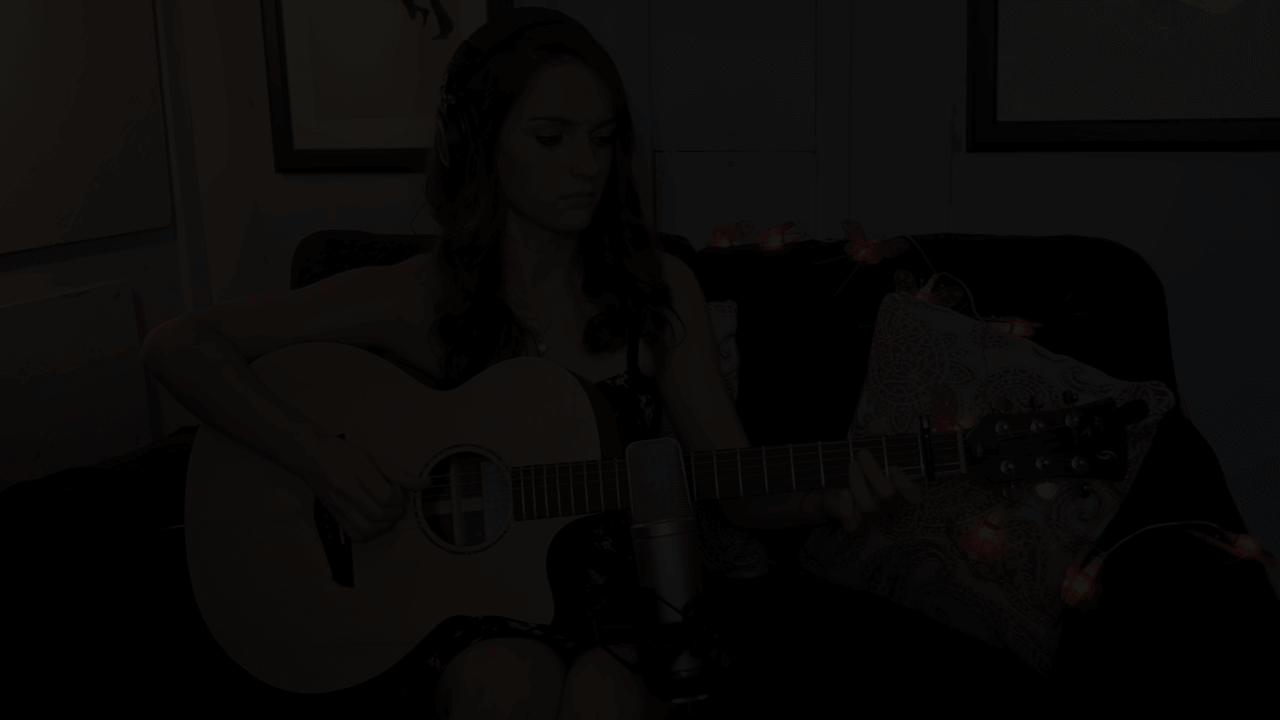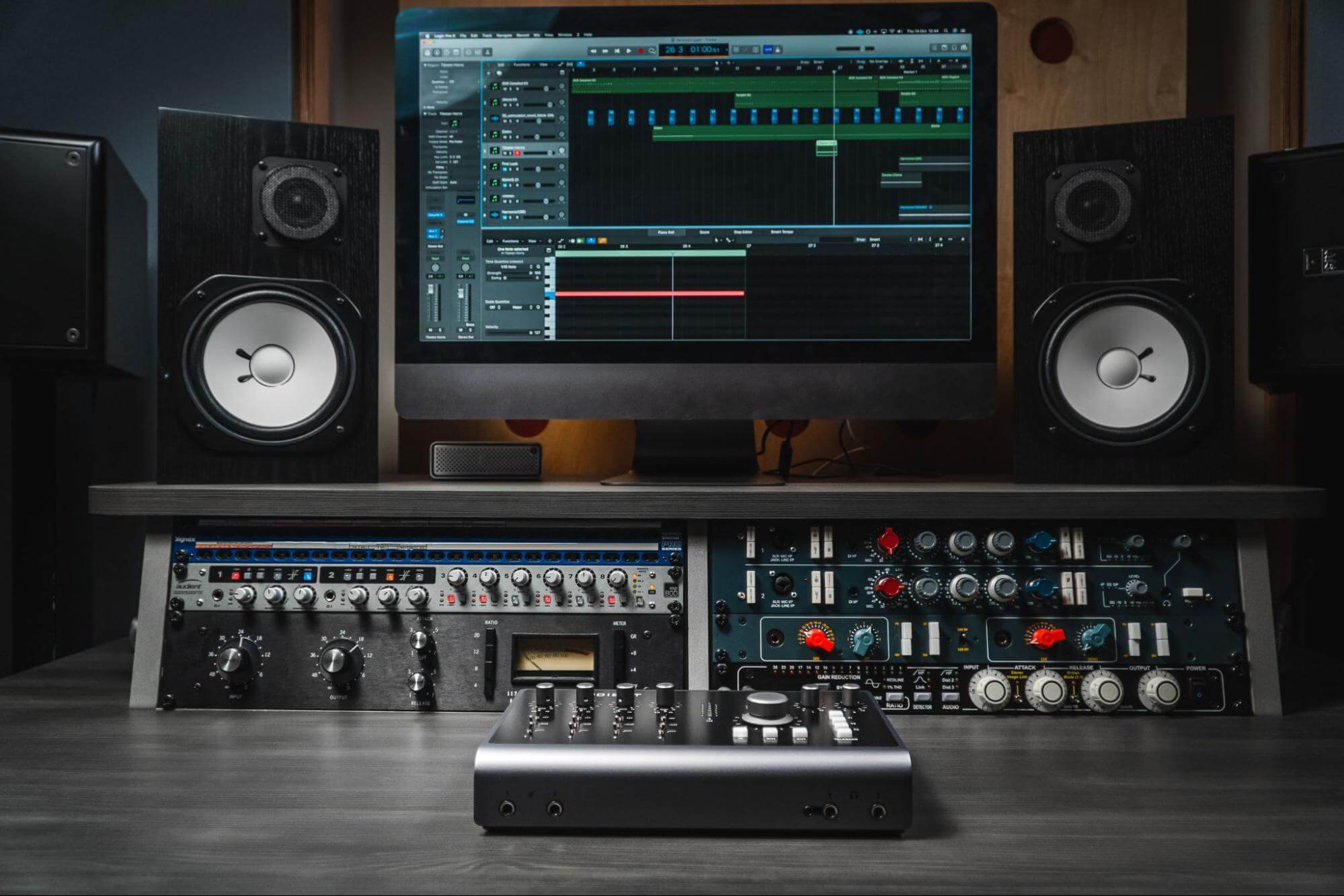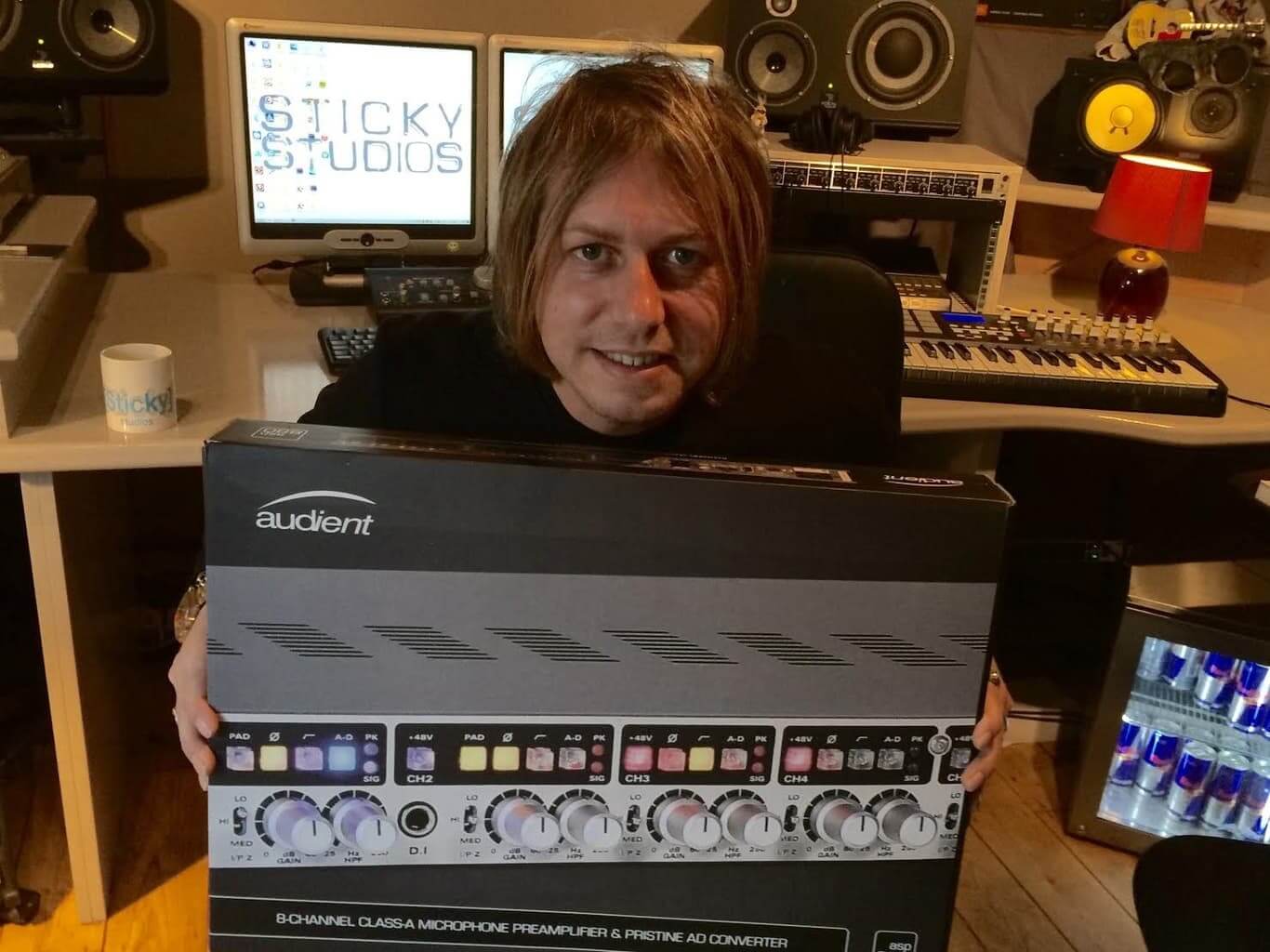Intro
The role of a producer has changed over the years. It is very common for a producer/writer to be in the room as the song is being written, In most cases having a demo completed by the end of the day. Being efficient and having the ability to get ideas flowing quickly is a key skill to pushing the flow of a session.
My production career started in songwriting sessions and in song camps. This put me in situations needing to be able to make ideas quickly, learn how to maintain a pace and stay productive within a session. 10 years and over 20 song camps later, I want to share my top 5 tips on how to be faster and more efficient in a session.
1. Templates
1. Templates
I start every session with a template. A drum rack, my go to synths, pads, bass, and vocal presets so things are sounding fairly “mixed” pretty quick. Some VST’s and plugins in my templates are: Xfter Records Serum, Arturia V Collection, TAL-U-No-LX, Kontakt 6, Slate VMR, and more compressors and EQ’s from Waves, Arturia, Slate and Plugin Alliance. The key is to find the things that are your “go-to” and have them set up and ready to go. This saves a lot of time, not needing to start from scratch. Things can be tweaked after, but this gets you set up quickly.
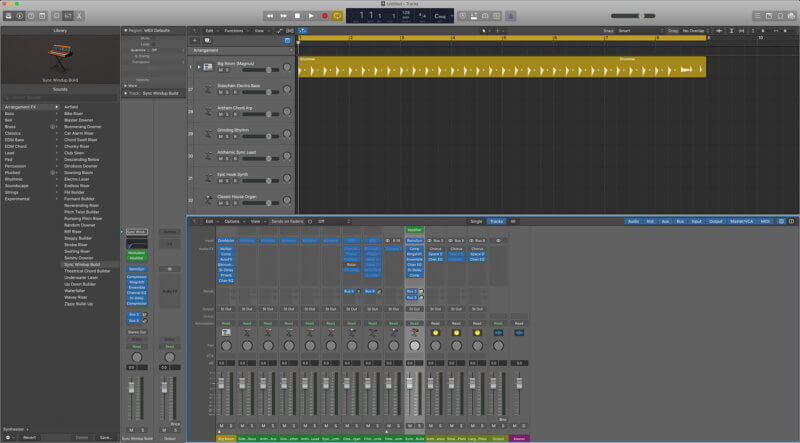
2. References
2. References
I tend to reach out to the artist a day or two before the session. Ask them what songs they are listening to, their previous releases and what sort of song they want to get out of the session. This starts the day off with direction, and even gives you an opportunity to prep a few ideas before the session gets going. It’s always good to have ideas in the back pocket if things move slow. This same technique can be applied to other songwriters you are working with.
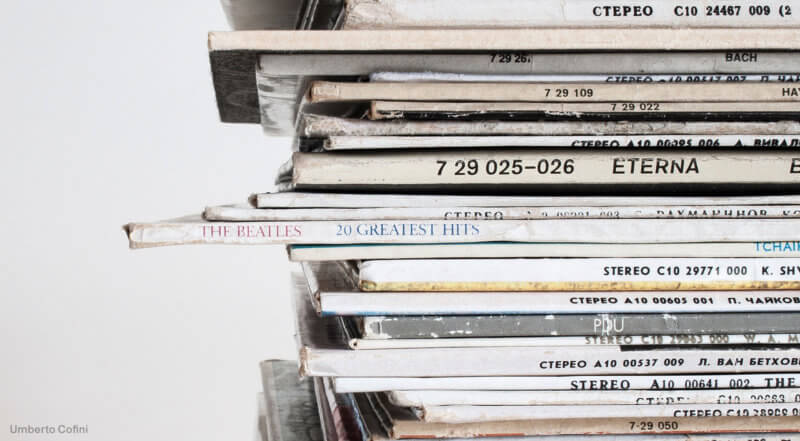
3. Be Ready To Record
3. Be Ready To Record
Most of the time ideas tend to happen quickly. Sometimes the worst thing that can happen is gear can get in the way of the creative process. Have a simple setup ready and make sure you can record ideas right away. Looking for mic’s, setting up stands, or adjusting gear can be just enough to get in the way of the magic, so put as much prep in as possible beforehand.
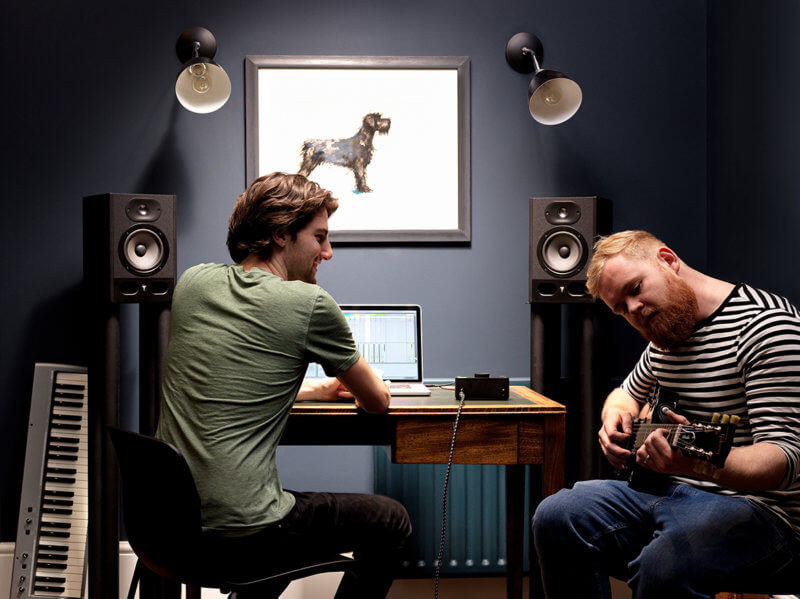
4. Pick your battles
4. Pick your battles
I’ve seen sessions lose momentum by people arguing over which part they think is best. Sometimes as the producer in the room, the best option is to not push too hard and really listen to what the artist is trying to say in order to keep the session running smoothly. This applies to being a songwriter as well. Co-writing is a beautiful thing, but can also be brutal if people are stubborn. This is something that I feel is learned over time, but picking your battles is very important. This leads into my next tip:

5. Know your role
5. Know your role
In most co-writing situations you are writing for a purpose. Either the artist is in the room or you have intentions to pitch a song to the artist. This one took me a long time to fully understand. As a producer, your job is to facilitate a vision for the client you are working with to the best of your ability. Yes, it is important to give your opinion. But also remember that this song is potentially something that the artist has to live with, tour, and have their name all over for their entire career. So at the end of the day, it has to line up with that vision. Not every artist has a strong vision of what that is, but it is also very rewarding helping an artist discover it!
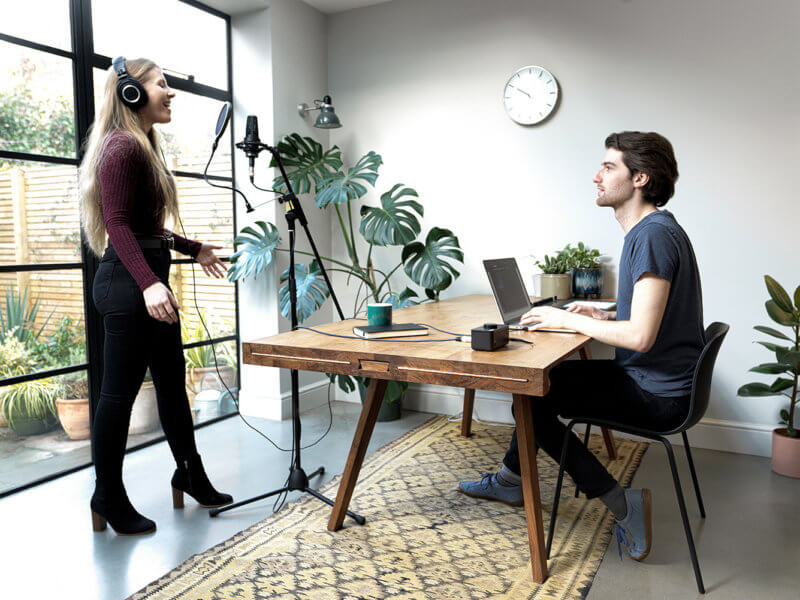
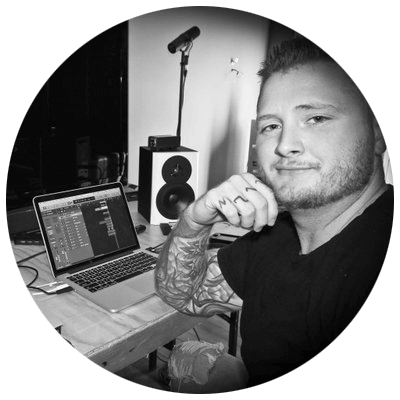
About the author
Corey LeRue is an award winning producer, songwriter, remixer, and engineer. Corey’s love for music started at a young age when he learned to DJ on his fathers turntables. He started playing trumpet when he was 10, and began to experiment with music production at the age of 15. After high school, Corey went on to get a diploma in both recording arts and radio production.
At the age of 28, Corey now carries an impressive discography of both local and international artists. With multiple gold records and the ability to make ideas happen very quickly, Corey has become a go-to producer for Pop and EDM in Canada.
Our Products
-
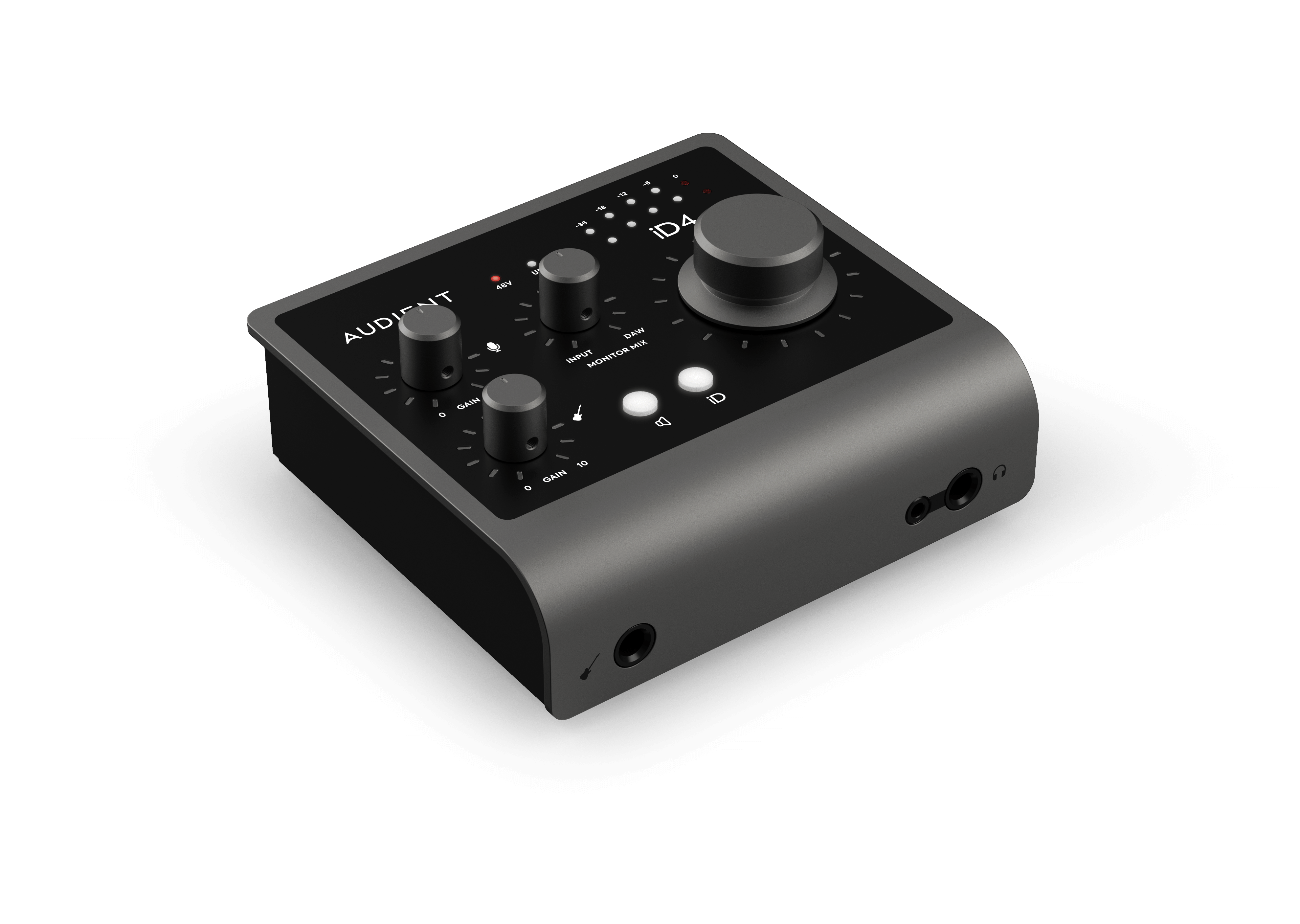
2in | 2out Audio Interface
-
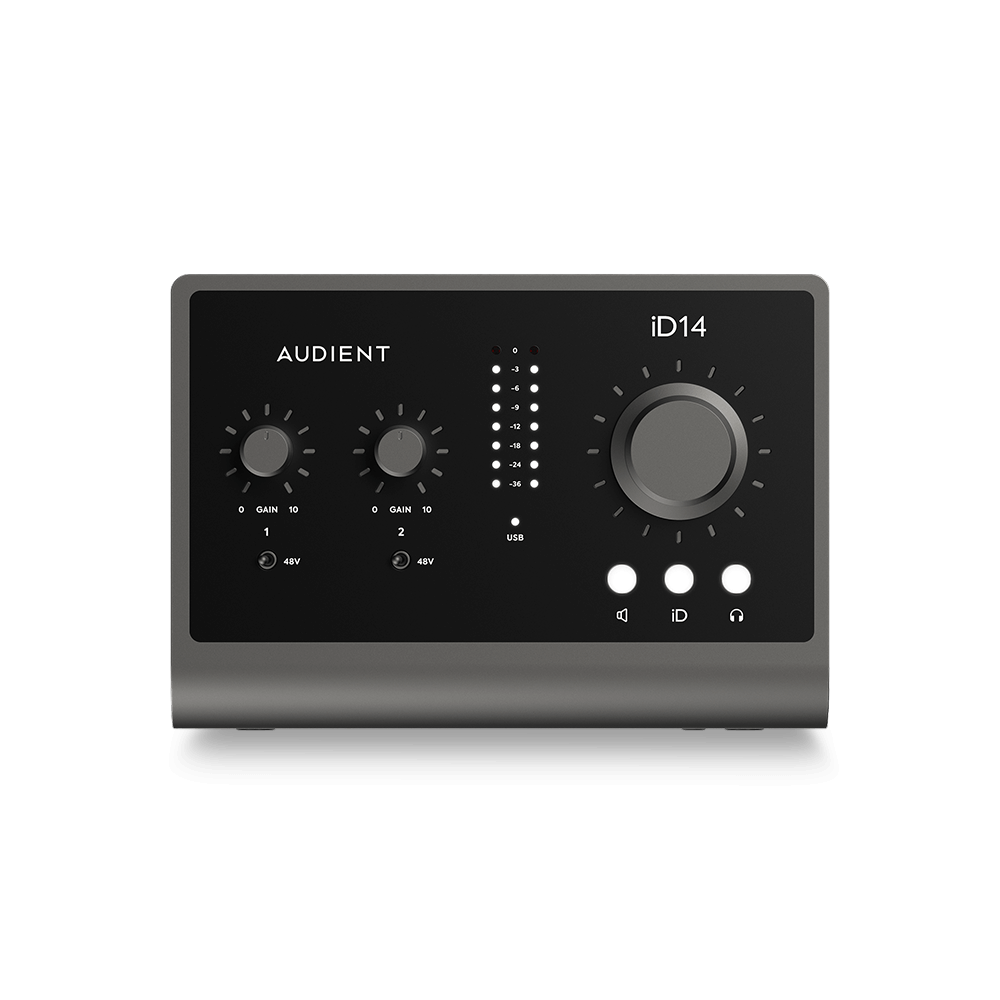
10in | 6out Audio Interface
-
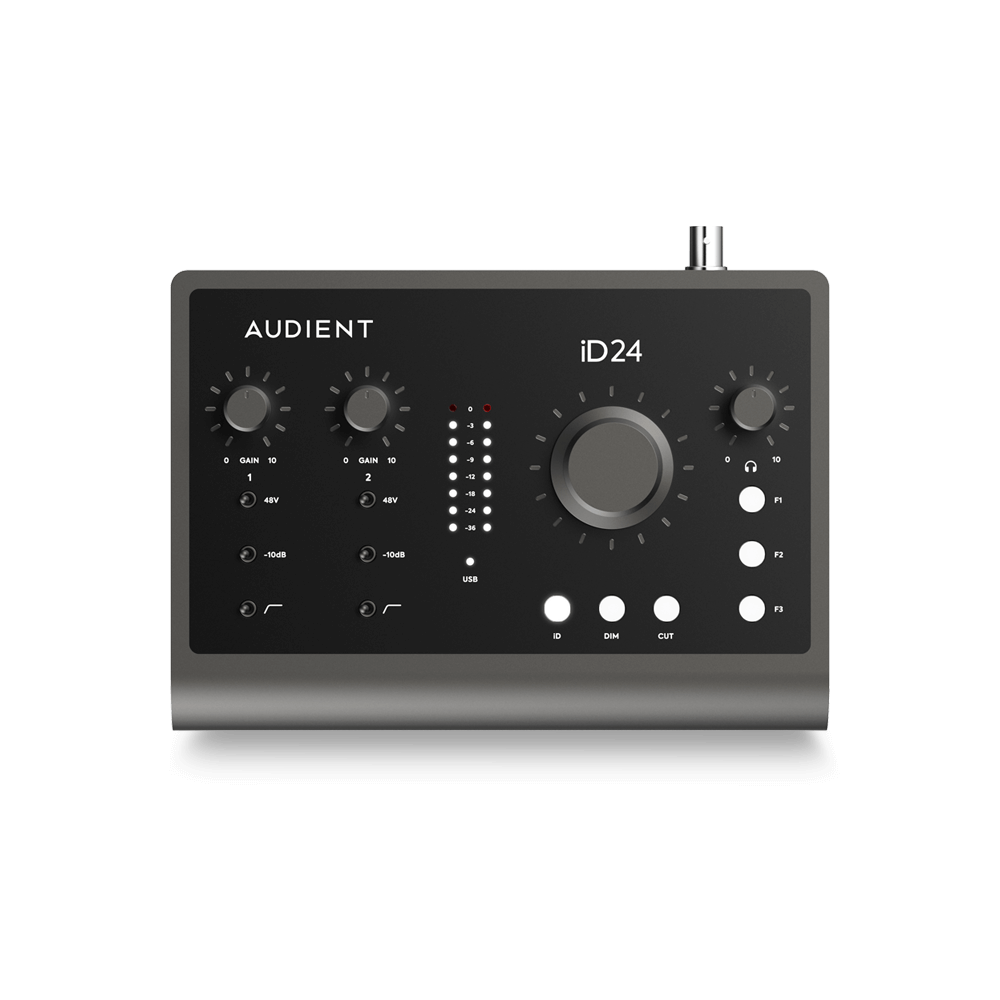
10in | 14out Audio Interface
-
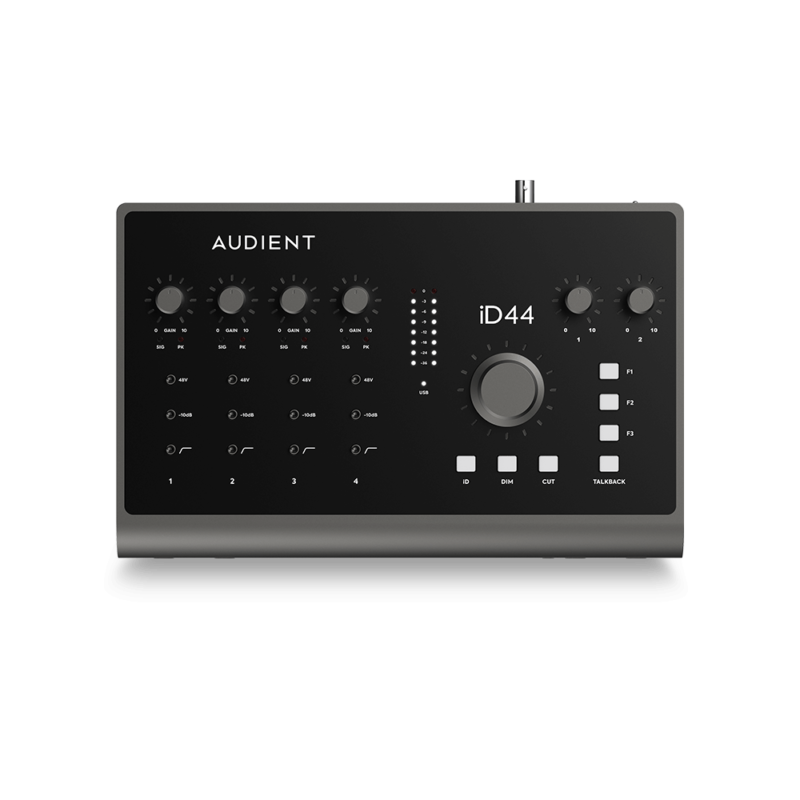
20in | 24out Audio Interface
-
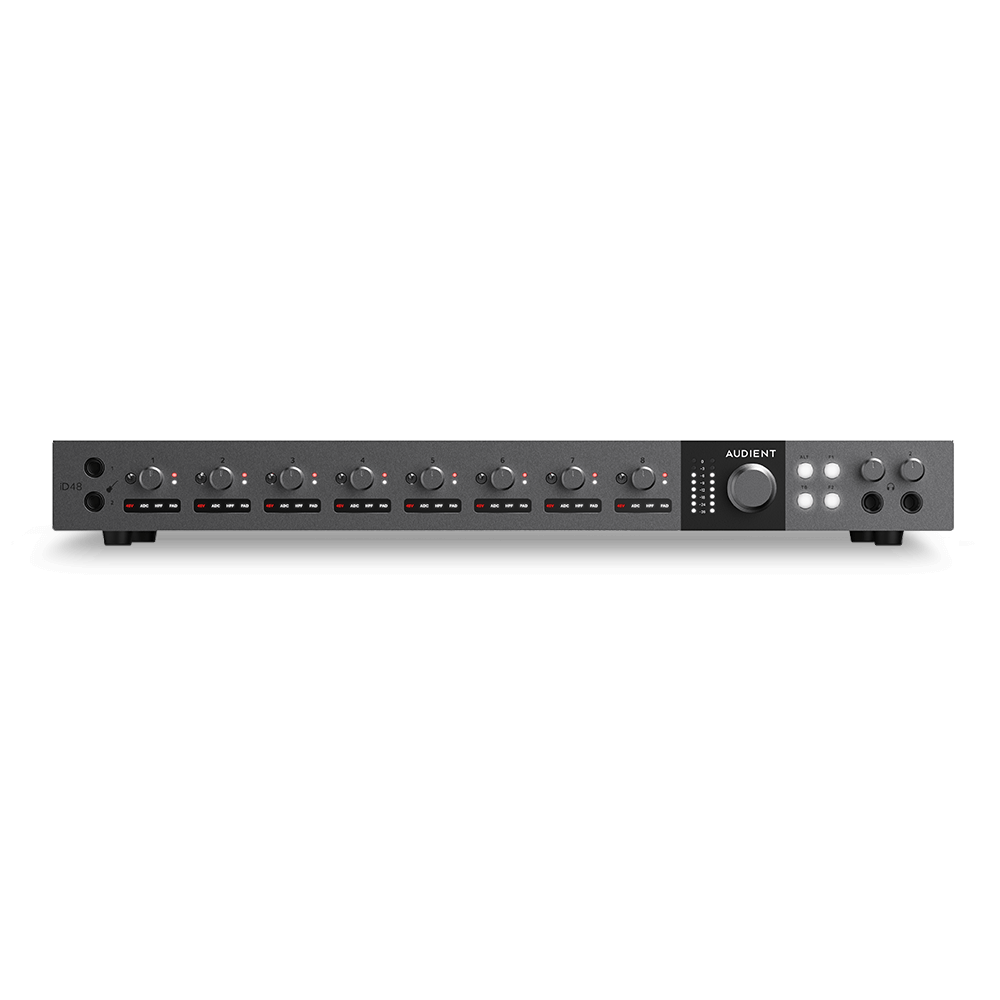
24in | 32out Audio Interface
-
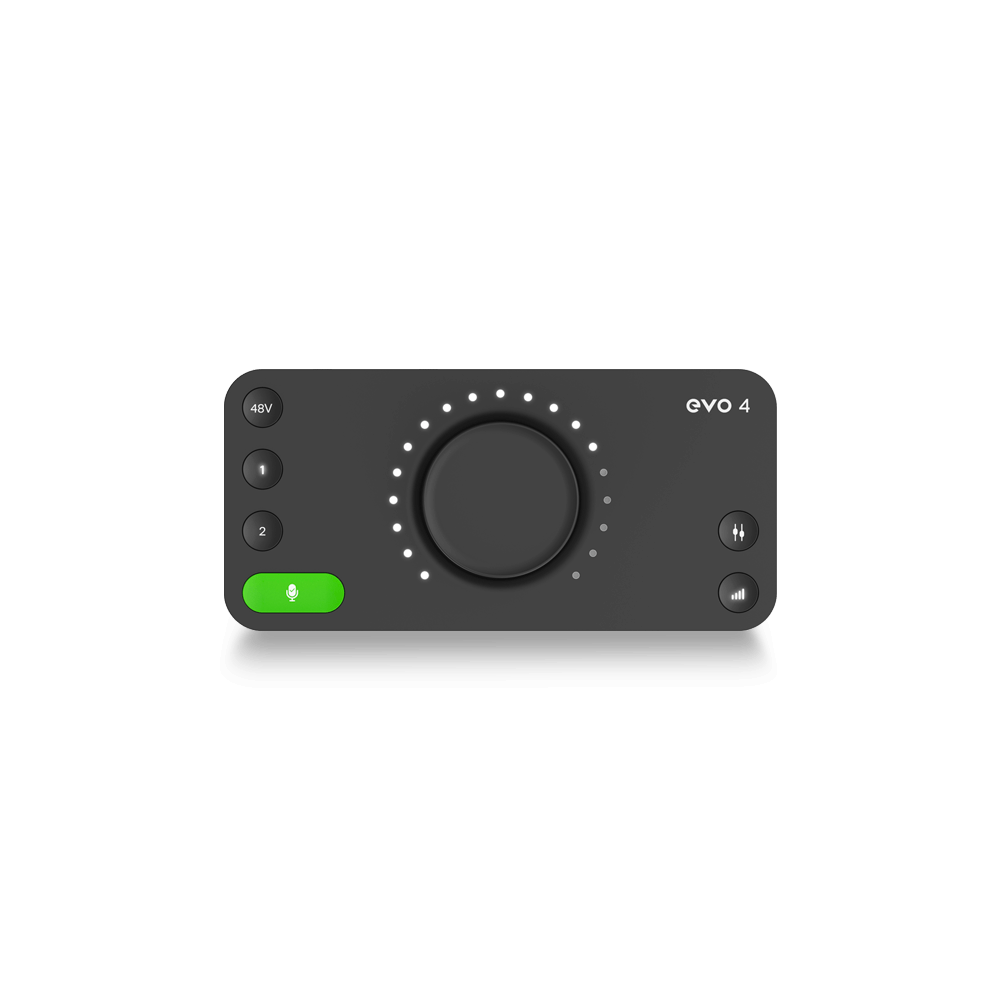
2in | 2out Audio Interface
-
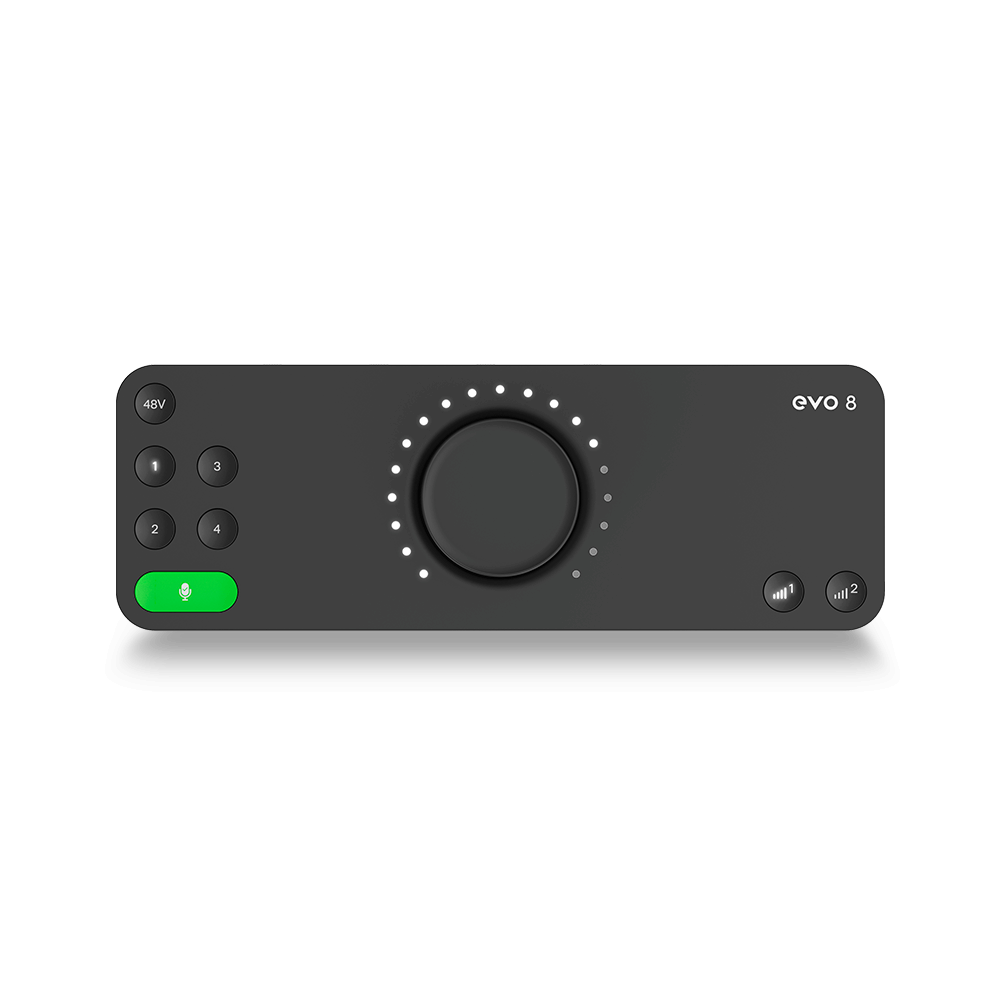
4in | 4out Audio Interface
-

24in | 24out Audio Interface
-
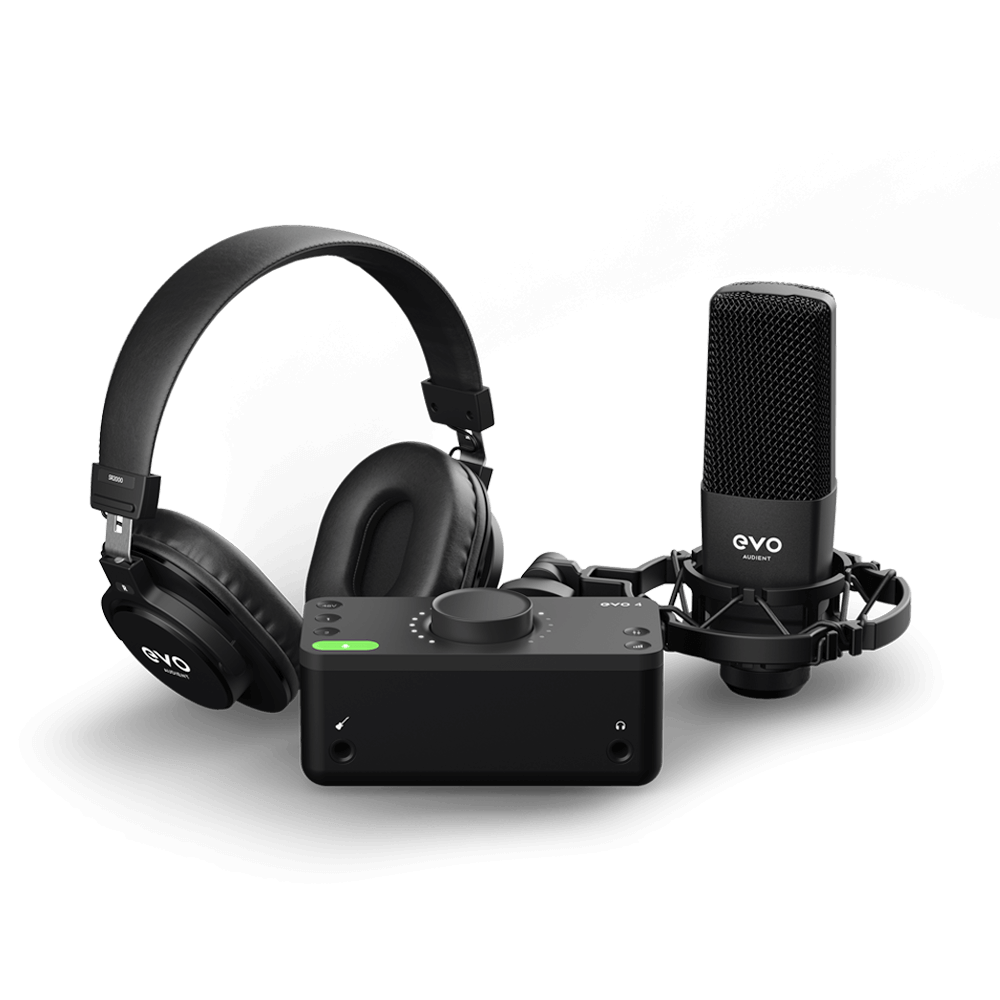
Everything you need to start recording
-
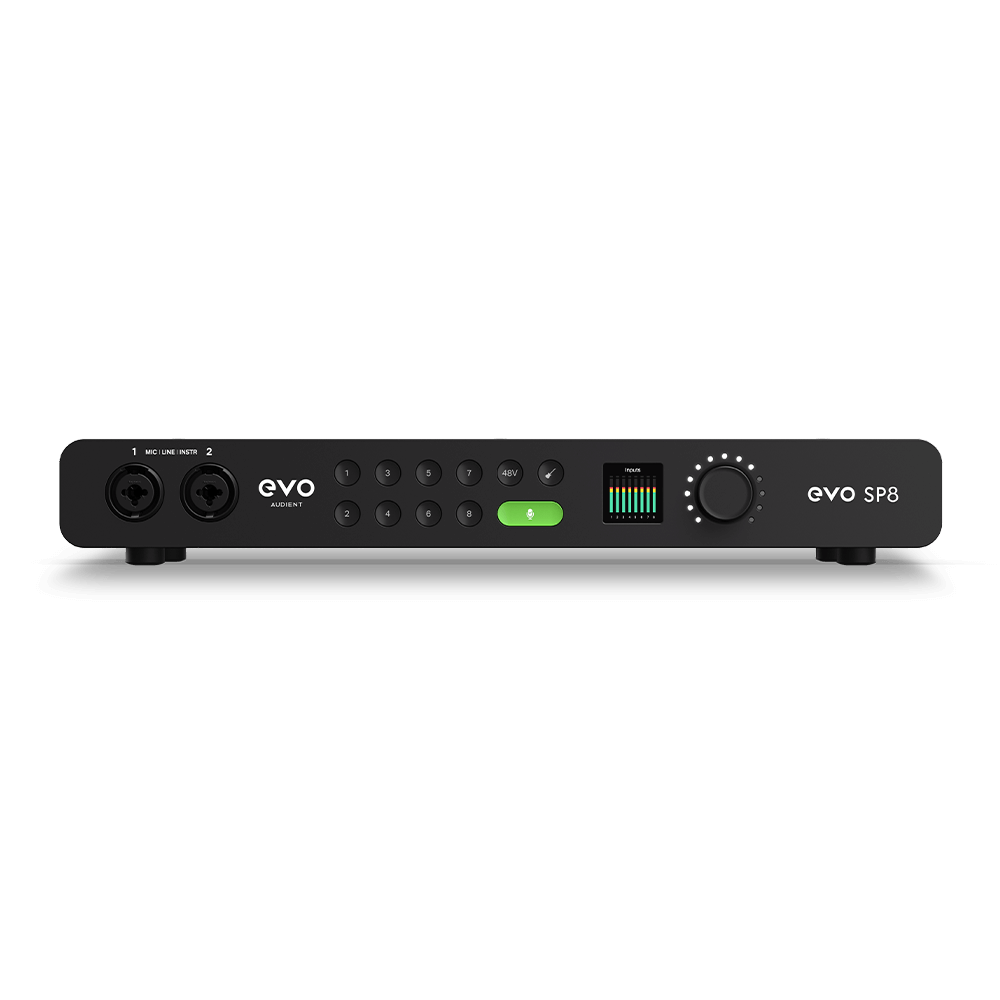
8 Channel Smart Preamp with AD/DA
-
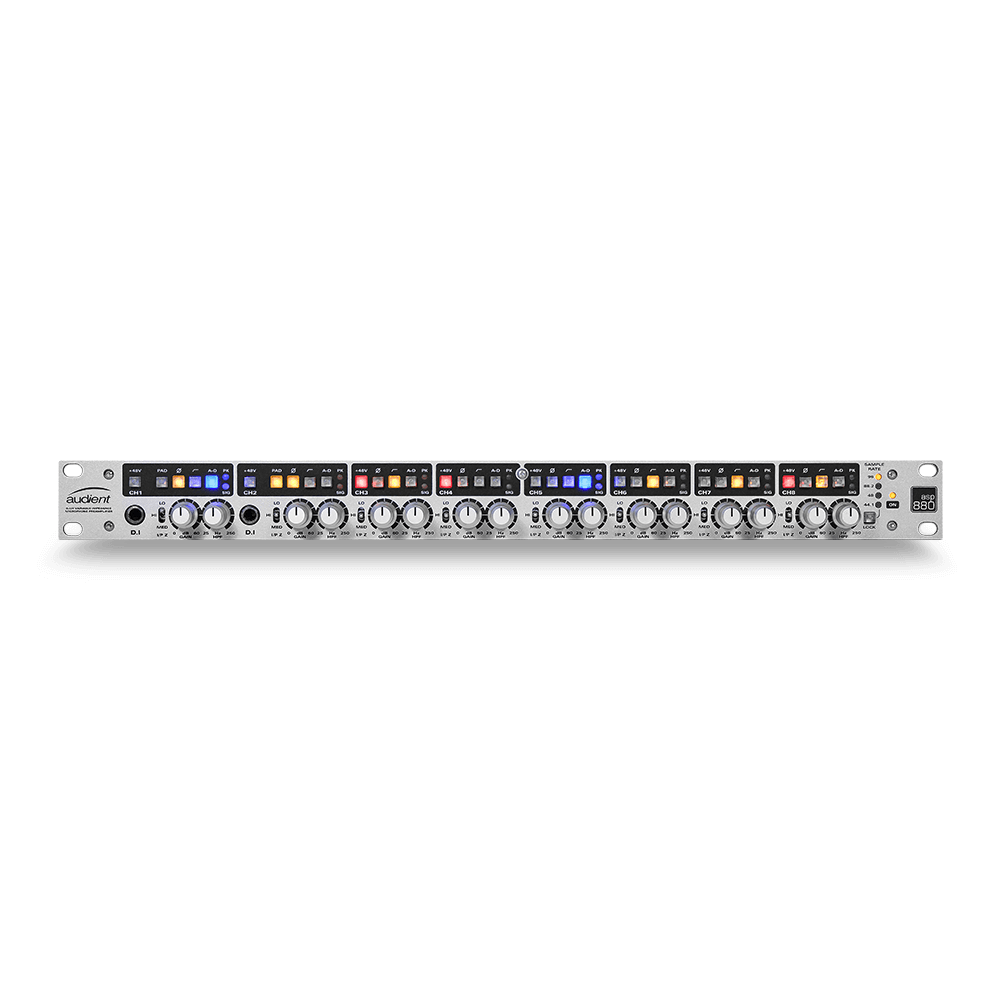
8 Channel Mic Pre & ADC
-
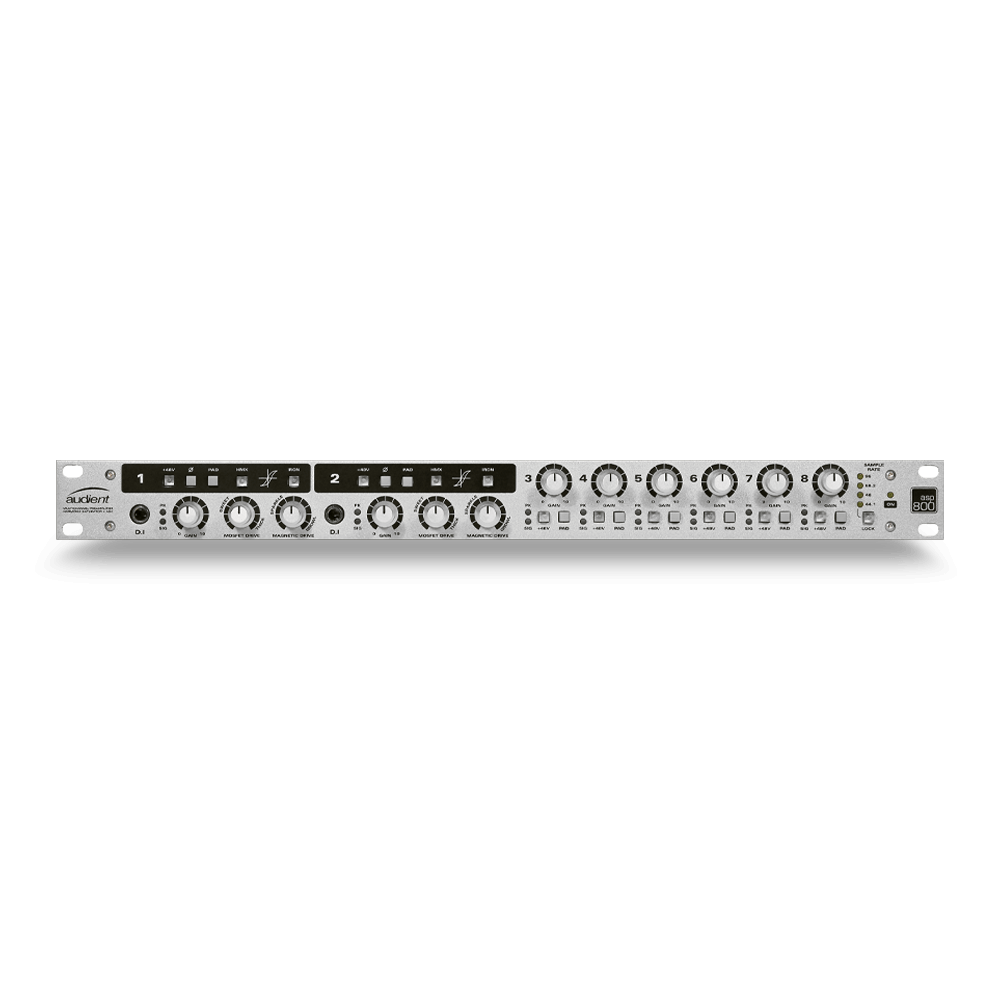
8 Channel Mic Pre + Tone Control
-
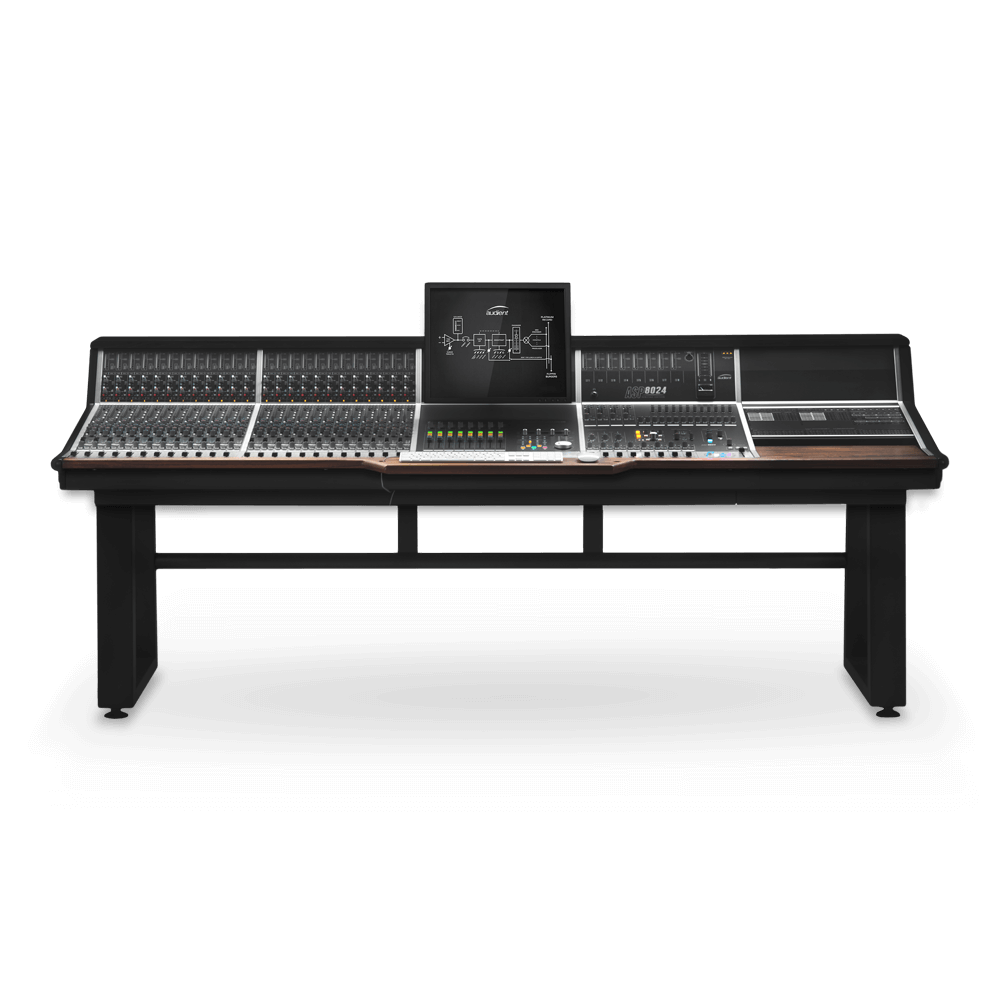
Modular Analogue Recording Console
-
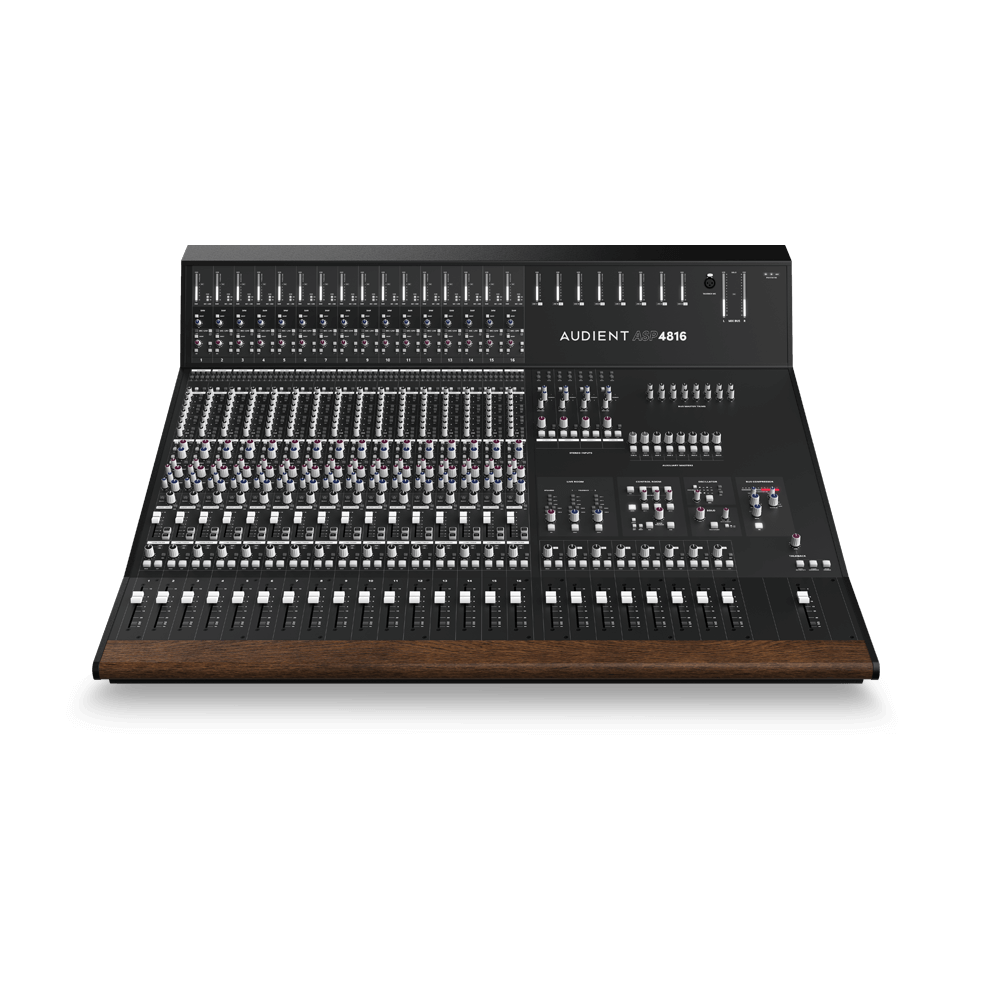
Small Format Analogue Recording Console
-
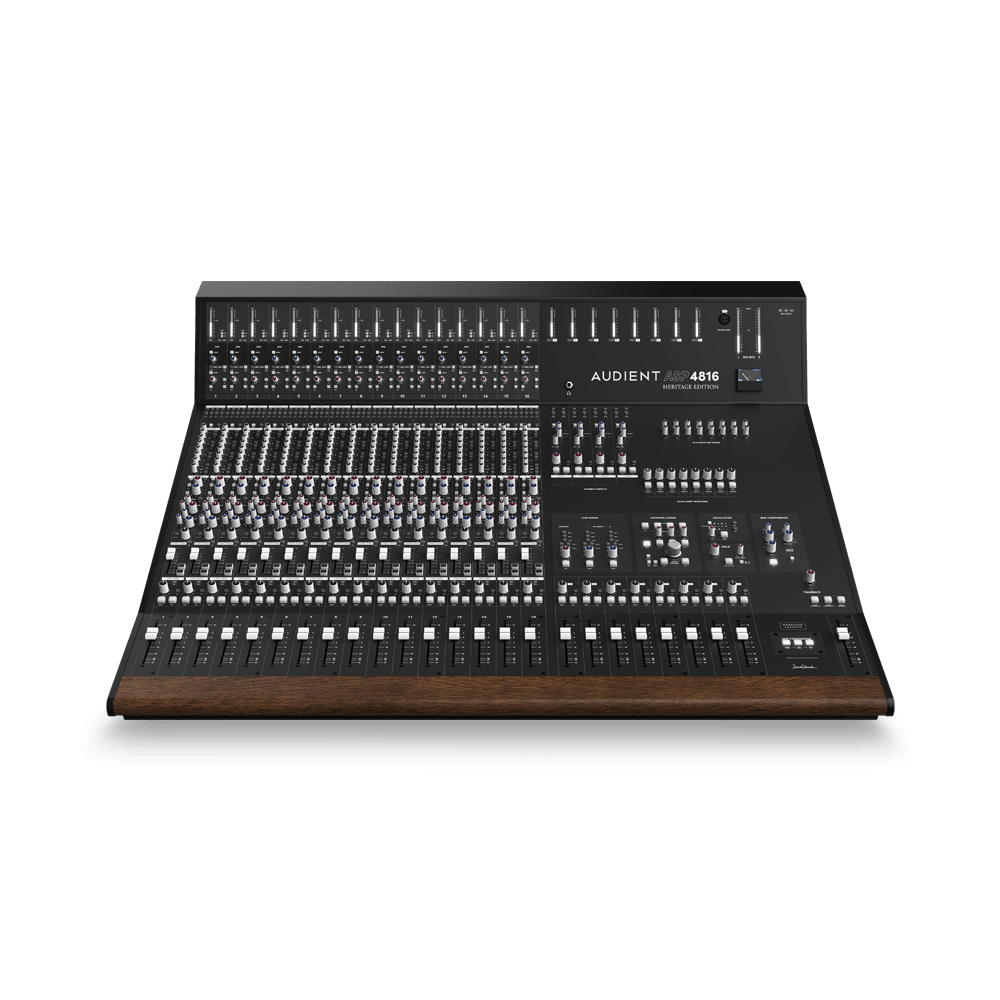
Small Format Analogue Recording Console
-
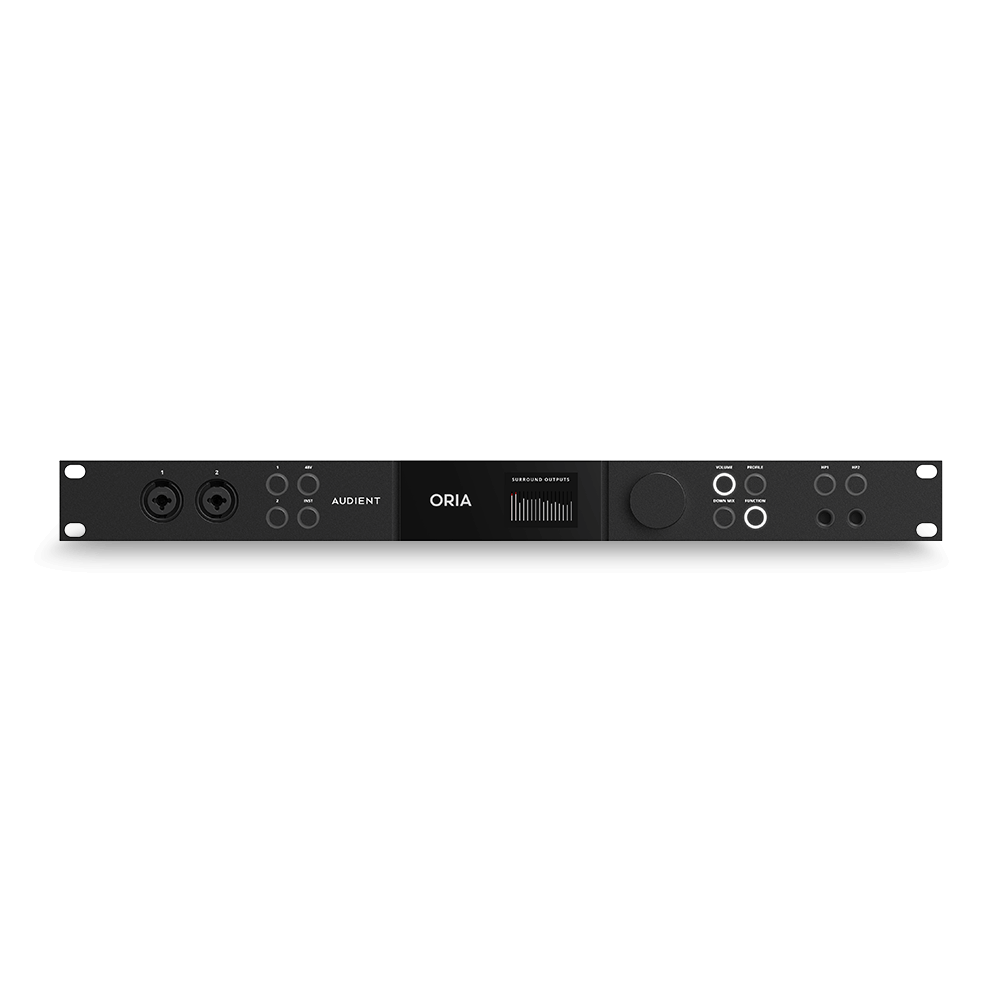
Immersive Audio Interface and Monitor Controller
-
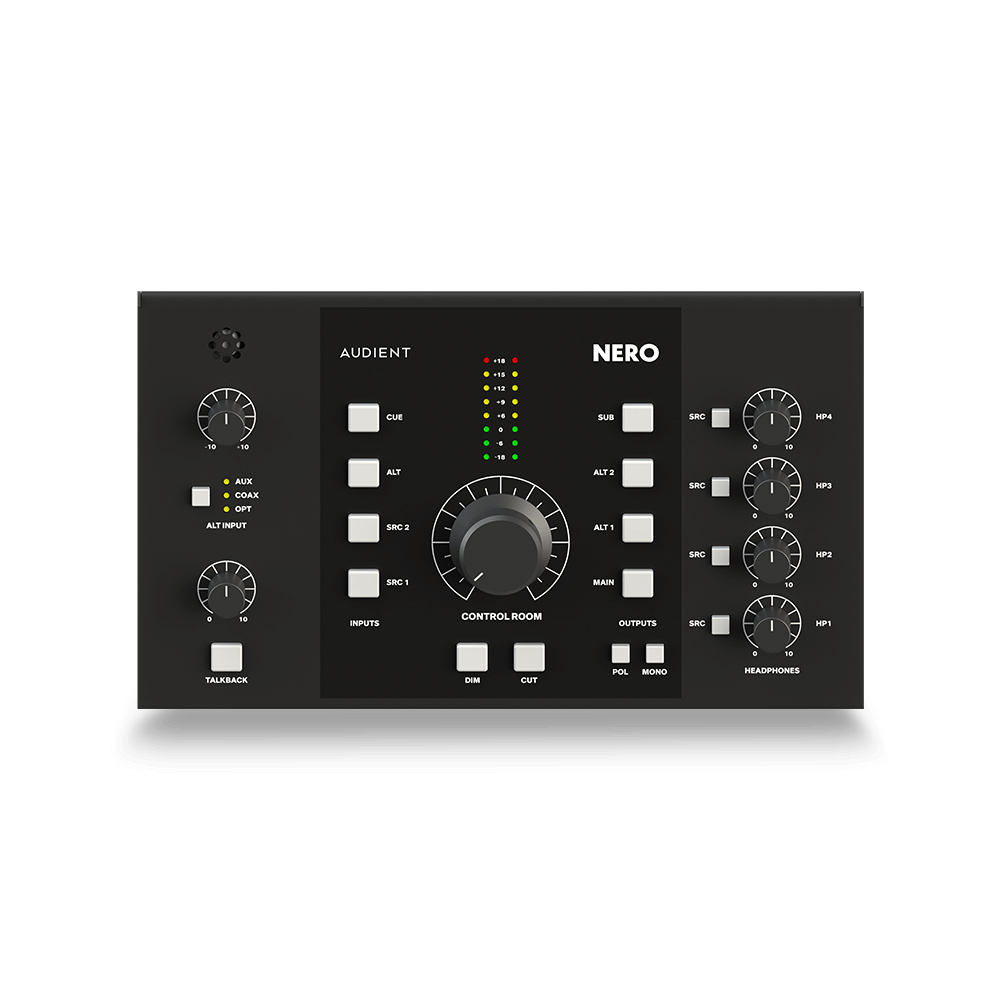
Desktop Monitor Controller
